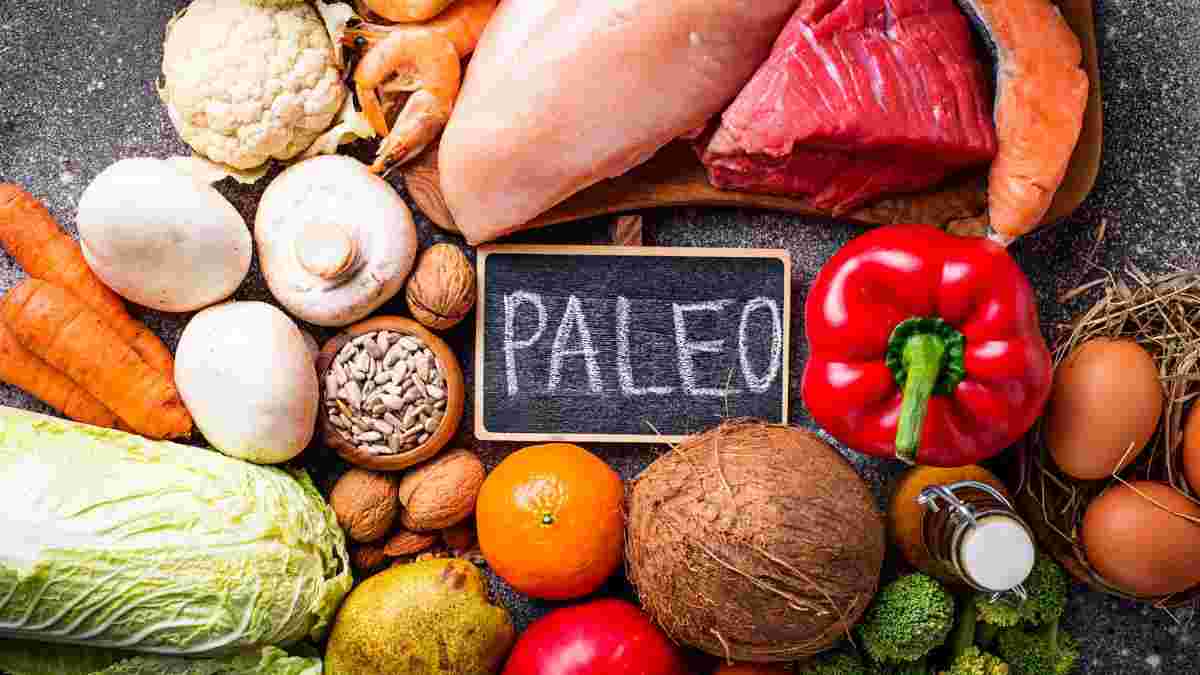In recent years, the paleo diet has become increasingly popular as a way to improve overall health and wellbeing. But what exactly is a paleo diet, and what are the benefits and risks associated with it? In this article, we will explore the details of the paleo diet, its benefits, and its potential risks.
What is a Paleo Diet?
The paleo diet, also known as the caveman diet, is a dietary approach that aims to mimic the eating habits of our prehistoric ancestors. The paleo diet consists of foods that would have been available to our ancestors during the Paleolithic era, which ended approximately 12,000 years ago.
Foods that are commonly consumed on a paleo diet include lean meats, fish, fruits, vegetables, nuts, and seeds. Processed foods, dairy products, grains, and legumes are avoided on a paleo diet.
Benefits of a Paleo Diet
Improved Blood Sugar Control
The paleo diet may help improve blood sugar control, especially for individuals with type 2 diabetes. By avoiding processed foods and refined carbohydrates, the paleo diet can help regulate blood sugar levels, leading to better glycemic control.
Weight Loss
Following a paleo diet can lead to weight loss due to its focus on whole foods and the elimination of processed foods. Additionally, the high protein and fiber content of a paleo diet can help increase feelings of fullness and reduce overall calorie intake.
Improved Gut Health
The paleo diet emphasizes the consumption of fruits and vegetables, which are high in fiber and prebiotics, both of which are beneficial for gut health. A healthy gut microbiome is linked to numerous health benefits, including improved digestion and a stronger immune system.
Reduced Inflammation
The paleo diet may help reduce inflammation in the body. By avoiding processed foods and eating a diet rich in anti-inflammatory foods, such as fruits, vegetables, and fatty fish, the paleo diet can help reduce inflammation and the risk of chronic disease.
Improved Heart Health
Studies have shown that the paleo diet may improve heart health by reducing blood pressure, total cholesterol, and triglycerides. This is likely due to the diet’s emphasis on whole foods and healthy fats, such as those found in fatty fish and nuts.
Better Sleep
The paleo diet may improve sleep quality due to its focus on whole foods and the elimination of processed foods. Additionally, some foods commonly consumed on a paleo diet, such as fatty fish, are high in omega-3 fatty acids, which have been linked to improved sleep quality.
Increased Energy
The paleo diet may increase energy levels by providing the body with a steady source of fuel from whole foods. Additionally, the elimination of processed foods and refined carbohydrates can prevent energy crashes and promote stable blood sugar levels.
Risks of a Paleo Diet
Nutrient Deficiencies
One of the main risks of a paleo diet is the potential for nutrient deficiencies, particularly in calcium, vitamin D, and B vitamins. This is because the paleo diet excludes dairy products, which are a primary source of these nutrients.
Higher Fat Intake
The paleo diet emphasizes the consumption of healthy fats, such as those found in nuts, seeds, and fatty fish. However, some individuals may consume too much fat on a paleo diet, which can lead to weight gain and other health issues.
Limited Food Choices
The paleo diet restricts certain food groups, including grains, legumes, and dairy products. This can lead to limited food choices and difficulty meeting nutrient needs, particularly for individuals with specific dietary requirements or preferences.
Conclusion
Overall, the paleo diet can offer numerous health benefits, including improved blood sugar control, weight loss, and better gut health. However, it is important to be aware of the potential risks associated with the diet, including nutrient deficiencies, difficulty maintaining a balanced diet, higher fat intake, and limited food choices. Before starting a paleo diet, it is important to consult with a healthcare provider to ensure that it is a safe and appropriate dietary approach for you.




